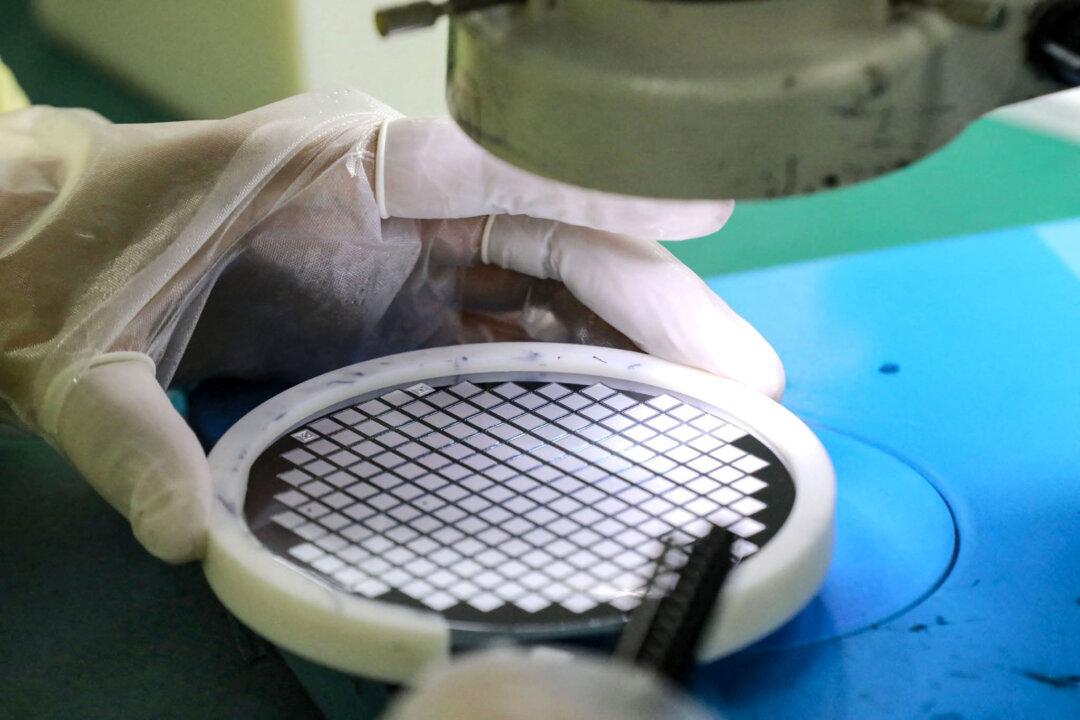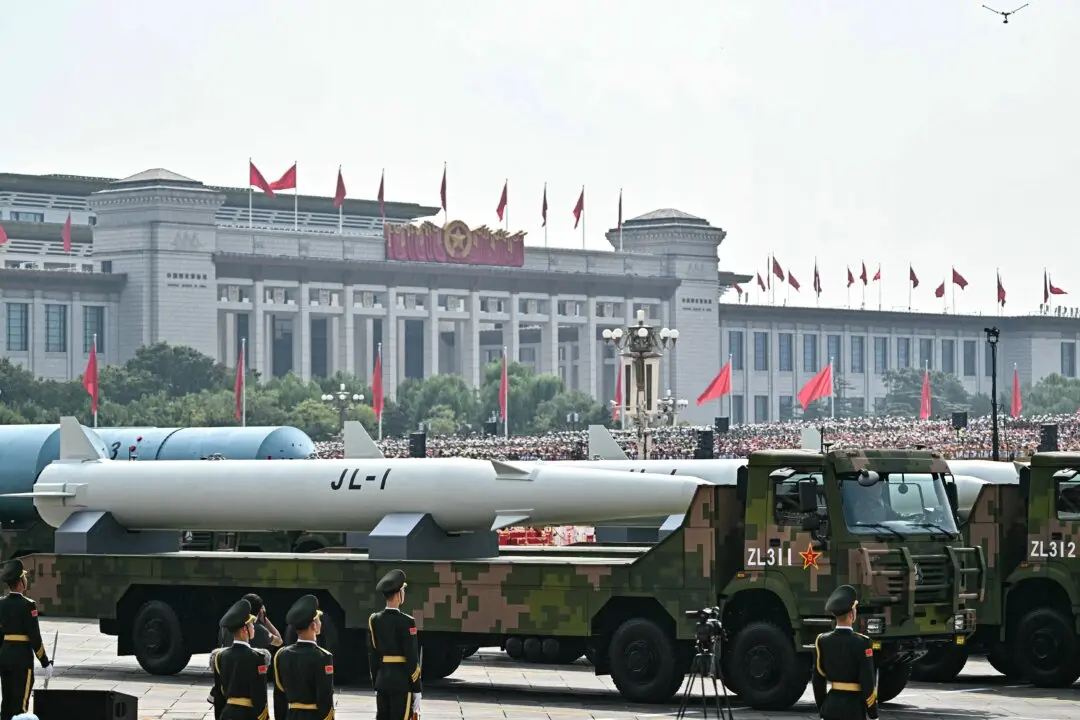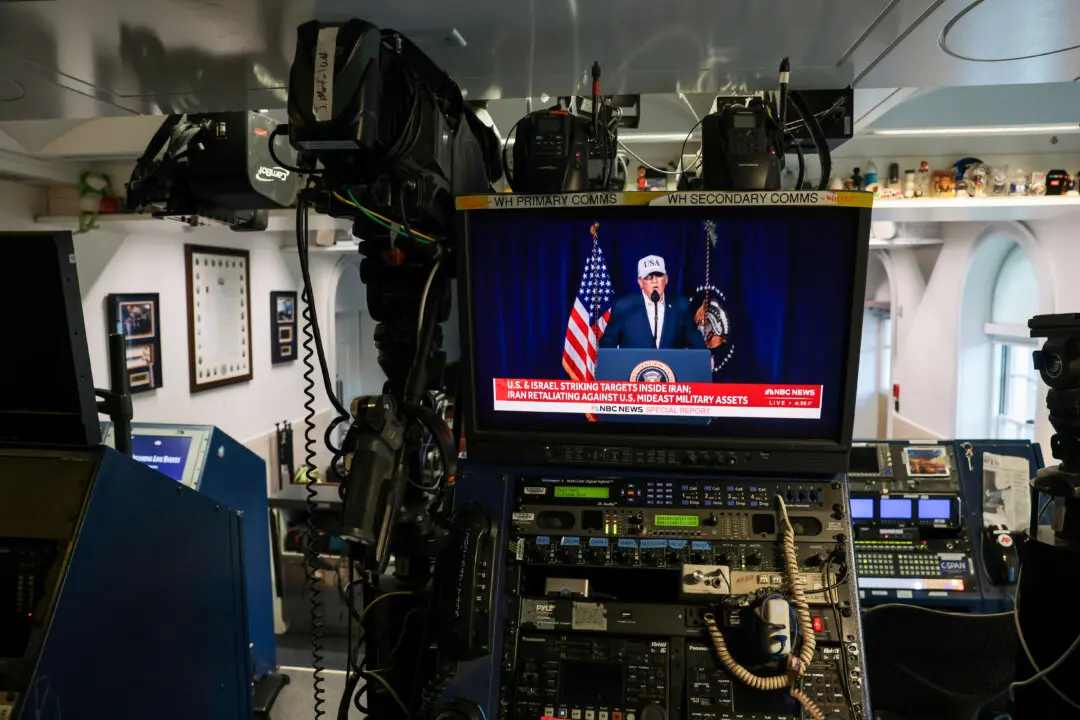The U.S. Department of Commerce’s Bureau of Industry and Security (BIS) issued several restrictions on Dec. 2 aimed at blocking the Chinese communist regime from accessing advanced semiconductor technology and modernizing its military.
U.S. Secretary of Commerce Gina Raimondo said in a statement that the new rules are meant “to impair” China’s ability to produce technologies that threaten the security of the United States.





